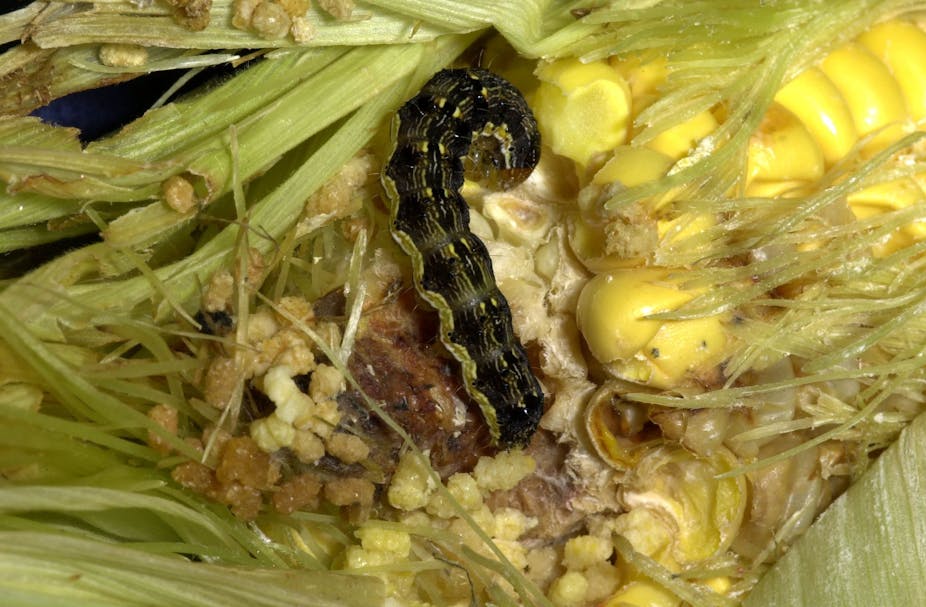

Uche expressed regret that
the outbreak of the disease had led to a disease in the volume and quality of
maize produced in the country.
Maize growers, processors
and marketers in Nigeria are collaborating with the International Institute of
Tropical Agriculture (IITA) to develop agrochemicals to protect the crop
against.
Dr Edwin Uche, the
President, Maize Growers, Processors and Marketers Association of Nigeria, made
this known in Abuja on Tuesday.
Dr Edwin Uche said………..
“We are interfacing with IITA, University of
Agriculture, Umudike (Abia State) and the rest of them in the area of research
to see how we can be able to mitigate the challenge that is confronting the
product.
“IITA is working tirelessly
to come up with solutions. There are also agrochemicals that are being tested
to see if they can possibly scare away such rodents that are affecting the
crop.
“A lot of activities are
going on intermittently within the ministry, the research institutions to see
what we can do in the next two, three months to mitigate the problem.’’
Armyworm is a disease
currently ravaging maize farms in no fewer than 22 states in the country.
The African armyworm
(spodoptera exempta) is a moth which is a harmful and capable of destroying
entire crops in a matter of weeks.
The larvae feed on all
types of grasses, early stages of cereal crops (e.g., corn, rice, wheat,
millet, sorghum, sugar cane) and occasionally on coconut.
The moth always operates at
night and the life cycle is between one to two months
The president said that
maize was a cash crop which could drive the economy of the country.
According to him, maize is
required in the brewery and confectionary industries to boost production.
Uche listed some other
challenges facing the production of maize in the country to include poor
agronomic practices, lack of access to right and improved seeds.
Others are improper
cultivation ethics, improper application of fertiliser and lack of access to
finance to encourage farmers.
“We want to appeal to maize
farmers to be patient. Farmers need to work with the ADPs at the various states
because a lot is happening at the ADPs because there is this gap between
information generated and information dissemination in our respective states
and local areas, even when there are solutions to this problems or ways of
mitigating them, our farmers don’t know.
“So, we try to see how we
communicate with them to work with the Agricultural Development Programme in
their state, link up with them as fast as possible to get immediate short term
solution to the problem even before it is complete outbreak.’’

No comments:
Post a Comment